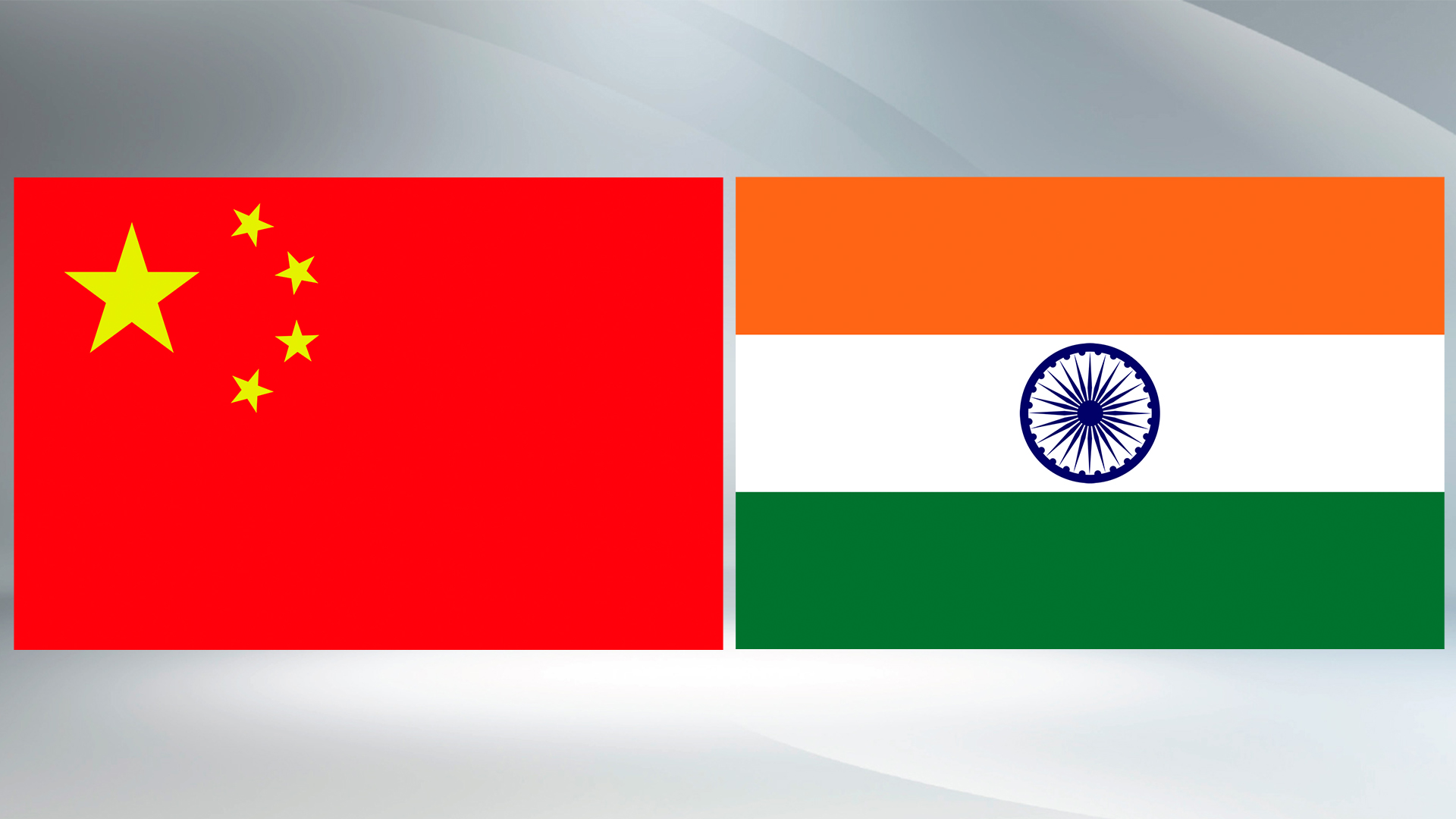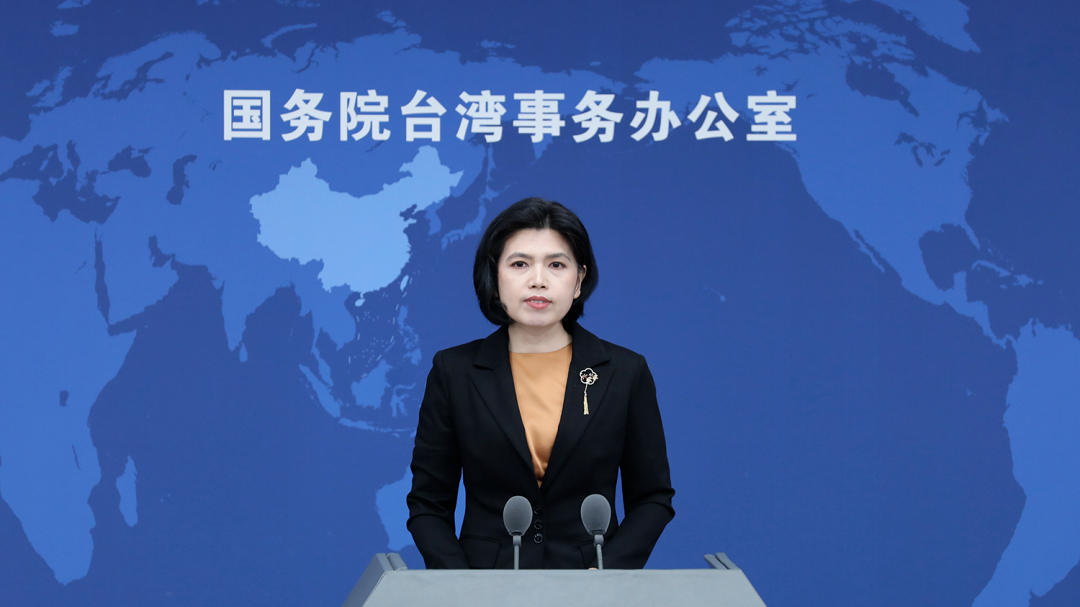By continuing to browse our site you agree to our use of cookies, revised Privacy Policy and Terms of Use. You can change your cookie settings through your browser.
I agree
Search Trends
CHOOSE YOUR LANGUAGE
- Albanian Shqip
- Arabic العربية
- Belarusian Беларуская
- Bengali বাংলা
- Bulgarian Български
- Cambodian ខ្មែរ
- Croatian Hrvatski
- Czech Český
- English English
- Esperanto Esperanto
- Filipino Filipino
- French Français
- German Deutsch
- Greek Ελληνικά
- Hausa Hausa
- Hebrew עברית
- Hungarian Magyar
- Hindi हिन्दी
- Indonesian Bahasa Indonesia
- Italian Italiano
- Japanese 日本語
- Korean 한국어
- Lao ລາວ
- Malay Bahasa Melayu
- Mongolian Монгол
- Myanmar မြန်မာဘာသာ
- Nepali नेपाली
- Persian فارسی
- Polish Polski
- Portuguese Português
- Pashto پښتو
- Romanian Română
- Russian Русский
- Serbian Српски
- Sinhalese සිංහල
- Spanish Español
- Swahili Kiswahili
- Tamil தமிழ்
- Thai ไทย
- Turkish Türkçe
- Ukrainian Українська
- Urdu اردو
- Vietnamese Tiếng Việt
Copyright © 2024 CGTN.
京ICP备20000184号
CHOOSE YOUR LANGUAGE
- Albanian Shqip
- Arabic العربية
- Belarusian Беларуская
- Bengali বাংলা
- Bulgarian Български
- Cambodian ខ្មែរ
- Croatian Hrvatski
- Czech Český
- English English
- Esperanto Esperanto
- Filipino Filipino
- French Français
- German Deutsch
- Greek Ελληνικά
- Hausa Hausa
- Hebrew עברית
- Hungarian Magyar
- Hindi हिन्दी
- Indonesian Bahasa Indonesia
- Italian Italiano
- Japanese 日本語
- Korean 한국어
- Lao ລາວ
- Malay Bahasa Melayu
- Mongolian Монгол
- Myanmar မြန်မာဘာသာ
- Nepali नेपाली
- Persian فارسی
- Polish Polski
- Portuguese Português
- Pashto پښتو
- Romanian Română
- Russian Русский
- Serbian Српски
- Sinhalese සිංහල
- Spanish Español
- Swahili Kiswahili
- Tamil தமிழ்
- Thai ไทย
- Turkish Türkçe
- Ukrainian Українська
- Urdu اردو
- Vietnamese Tiếng Việt
Copyright © 2024 CGTN.
京ICP备20000184号
互联网新闻信息许可证10120180008
Disinformation report hotline: 010-85061466













President Donald Trump signs an executive order on auto tariffs in the Oval Office at the White House on March 26, 2025./CFP
US President Donald Trump signed an executive order on March 26 imposing a 25 percent tariff on all imported cars and certain auto parts effective from April 2.
The move is expected to generate over $100 billion in additional revenue annually, according to Trump. However, it has sent shockwaves through the global automotive supply chain and drawn strong opposition from traditional US allies such as Canada and the European Union, potentially triggering a new round of international trade disputes.
Canadian Prime Minister Mark Carney reacts with anger on March 27 to US President Donald Trump's imposition of import tariffs on cars, branding it a "direct attack" on his country, in Ottawa, Canada, March 27, 2025./CFP
Canadian Prime Minister Mark Carney said the tariff would "deal a heavy blow to Canada." Ontario Premier Doug Ford added that Canada might take retaliatory measures to ensure an equivalent level of "pain" for the US.
European Commission President Ursula von der Leyen expressed deep regret over Trump's decision, saying "Tariffs are taxes – bad for businesses, worse for consumers equally in the US and the European Union." She added that the EU would assess the move, together with other measures the US is envisaging, in the next day, and will continue to seek negotiated solutions while safeguarding its economic interests.
Brazilian President Luiz Inacio Lula da Silva, speaking in Japan about the US tariffs, said he's considering both a challenge in the WTO as well as the imposition of retaliatory tariffs on the US, though he did not specify details. Lula also expressed doubts over the benefits of tariffs, noting that they would lead to inflation and harm the US economy. He also voiced concern over the rise of protectionism in the global economy.
New Toyota vehicles are stored at the Toyota Logistics Service, its most significant vehicle imports processing facility in North America, at the Port of Long Beach in Long Beach, California, March 26, 2025. /CFP
In the US, the United Auto Workers Union supports the policy, saying it will help protect American jobs. However, Autos Drive America, which represents international automakers, warned that the move would make already pandemic-inflated car prices even more unaffordable.
Jonathan Smoke, Chief Economist at Cox Automotive, pointed out that the tariff policy would severely disrupt North American auto production, potentially leading to supply shortages, higher prices, and a further weakening of the economy.
Overall, Trump's tariff policy has drawn widespread attention and controversy, with its impact on the US economy and the global automotive industry still to be seen.